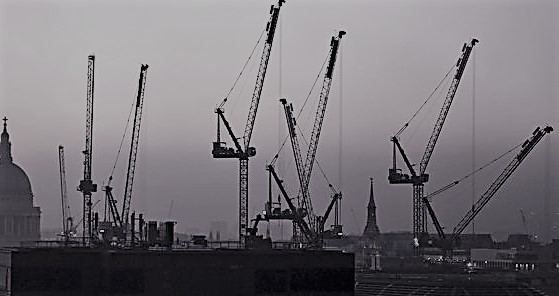
Article 50: May signs letter that will trigger Brexit
March 29, 2017
Theresa May has signed the letter that will formally begin the UK’s departure from the European Union.
It follows June’s referendum which resulted in a vote to leave the EU, a decision which will define the country’s future for decades.
So as we head out of the European Union, what will the vote mean for the construction industry?
Shortage of Labour
There will no longer be freedom of movement for workers across the European Union. Almost 12% of the industry’s 2.1m workers come from abroad– mainly from the EU. The CIOB have stated the industry will need to find an additional 224,000 new recruits by 2019 to meet the overall pipeline of work.
In time, the industry will face further skills shortages and a shrinking talent pool, which will result in an increase in wages to secure good construction professionals.
Materials
The construction industry imports 64% of its materials from the EU, a lot of contractors will see a significant rise in material costs in addition to upward pressure on workers’ wages.
Investment
Some are predicting that investment will drop markedly now we have left the EU, especially in the commercial construction sector.
However some experts have pointed out that a Brexit could now provide a significant opportunity for inward investment from the US and Asia, with the fall in sterling making investment in the commercial and residential sectors more attractive for non-EU buyers.
Sustainability
Since the zero carbon home target for 2016 was finally scrapped in the Housing and Planning Bill in May, the main regulation driving the zero carbon agenda was the EU’s Energy Performance of Buildings Directive (EPBD), which requires all new buildings in the EU must be “nearly zero energy” by 31 December 2020.
Energy minister Andrea Leadsom – a high-profile Leave campaigner – defended the government’s decision to scrap zero carbon homes, citing the EU directive.
While the UK will no longer be bound by the EU’s targets for “nearly zero energy” buildings by 2021, the fact Leadsom chose to mention those targets could mean the UK keeps the regulation as it begins the very lengthy process of deciding which EU regulation it will keep, amend or ditch.
Regulations
Many operators suggest that EU membership causes excessive adherence to official rules and formalities. Construction firms may be able to save costs by no longer having to comply with certain regulations. However, the government is likely to retain much of the regulatory framework, particularly in areas such as site safety. Whatever deregulation happens, responsible companies have already embedded Health and Safety as part of their performance criteria, and will not choose to put workers at risk in order to cut costs.
So What does the future hold?
Only time will tell. The reality is, we won’t be certain until we can look back and measure the statistics.
With this in mind, construction companies have to simply keep working on looking for new opportunities and focus on the immediate interests of their respective teams and projects.
Simon Nicholas Associates specialise in Construction recruitment across many sectors. Find out more about how we could help with your staffing requirements by calling us on 0115 987 8484.




